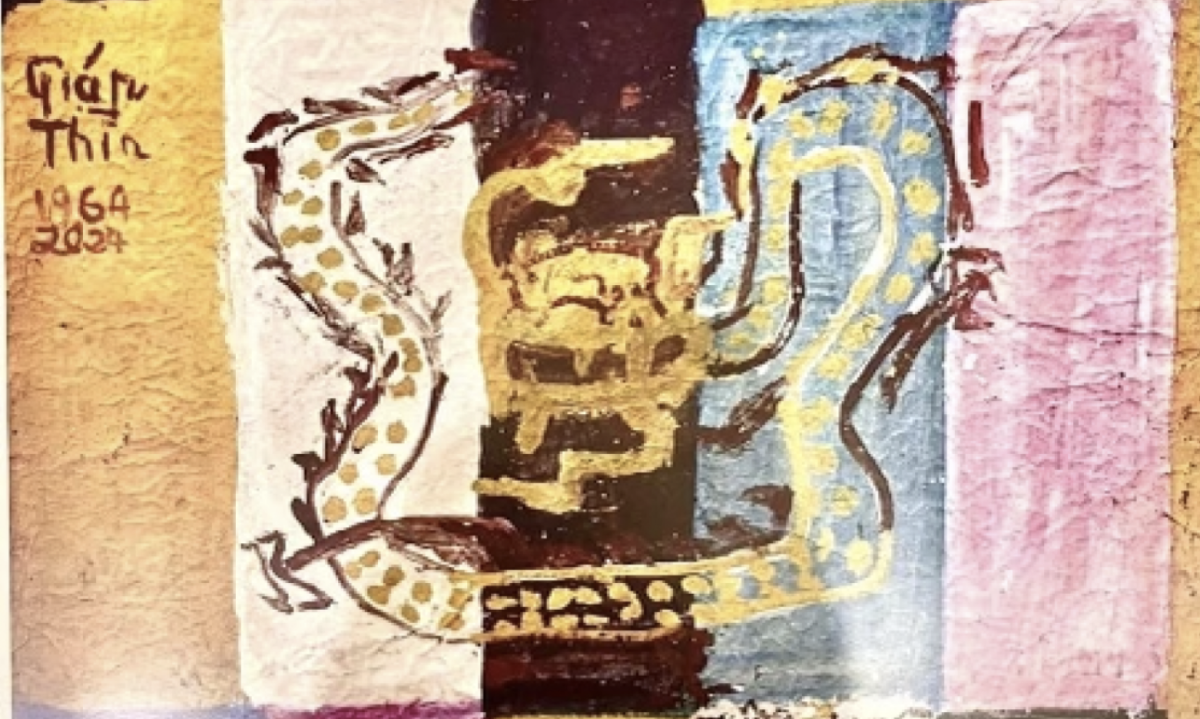 “There is no armor against fate”.
“There is no armor against fate”.
These words, spoken by James Shirley, truly are the manifestation of fate. Paul Auster seems to agree. In this absurdist novel, written in 1990, fate has a funny way of gracefully worsening the situation of our two protagonists, Jim Nashe and Jack Pozzi, through a series of extremely random events.
Jim Nashe is the hero of this tale. He’s a middle-class, middle-aged American with a background in the Boston Fire Department. He’s got a penchant for playing classical music on the piano and reading Charles Dickens books. The man is the ultimate good-guy. Except fate doesn’t take that into account.
His wife leaves him, and due to his inability to maintain a stable financial situation for him and his daughter, he is forced to let his daughter move to his sister’s place up in Minnesota. Nash then miraculously inherits and ungodly sum of money from his estranged father, could this have come at a better time? Yes, how about before his wife left him? Like I said, fate really has a way of exacting “murphy’s law” upon these people. Anyway, he’s had it up to here with his current situation, so he decides to use his inheritance to buy a new car and hit the road, free of care and responsibility. Put simply, this is his freedom. (He’s on the road for a really, really long time by the way. Like, a year.)
Jack Pozzi, the other protagonist, is a pro gambler who’s already down on his luck, and somehow makes things worse for everyone else involved. How so? Well, one day, Nash is low on cash from having driven around, staying in motels and eating in diners for a full year. He manages to encounter a beaten, desperate Pozzi limping along the highway. Being the ultimate good guy that he is, he invites the young kid into his car (Pozzi is in his early twenties). Here he learns about Pozzi’s gambling habits, what his situation is (the group of guys he was playing with suspected him of cheating and gave him a good beating), and that he has a game in Pennsylvania coming up that could easily earn them thousands (he’s already beat the guys before). Nash decides to fund the game (why not) so that he can re-load on cash and continue his glamorous life on the road. Jack Pozzi is an amazing gambler, there is evidence for that throughout the story. That said, Flower and Stone, the two eccentrics that organized the aforementioned game, and who Pozzi had beaten before, seem to have gotten just a little bit better (they used a small fraction of the 27 million they won in the lottery on gambling lessons). Pozzi loses all of Nash’s money, and then some. Yeah, they’re in debt.
Auster’s tone shift truly is amazing, as the story at this point go from a mid-life crisis, “what’s the meaning of life?” sort of thing, to an evil, sinister, “the world is meaningless” sort of tone. In order to pay off their debt, the ultimate good guy and the gambler, are forced to build a stone wall of 10,000 stones in the back yard of these really eccentric, crazy dudes (for however long it takes to pay off the debt with daily wages of course). This really is absurd, and like I said, FATE. RUINS. EVERYTHING.
The theme of freedom that was earlier mentioned with Nash’s year long, cross country driving is further explored, and obtains greater meaning at this point. Freedom isn’t just the ability to do as you please, it’s escaping from your oppressors, the huge wall that seems to be a metaphor for their captivity, and the watchful eye of Murks, the “foreman” who’s job is to observe the progress of the wall and maintain order. Aside from this, bad luck becomes as real as it gets. This kind of misfortune isn’t the small frustrations you feel as a result of breaking your phone. No, it’s the real deal, the kind that is life-threatening, or at least limiting, and as Pozzi says “You tampered with the universe, my friend, and once a man does that, he’s got to pay the price”. These men are forced to pay the price in this riveting novel. By all counts, it’s a must read.







